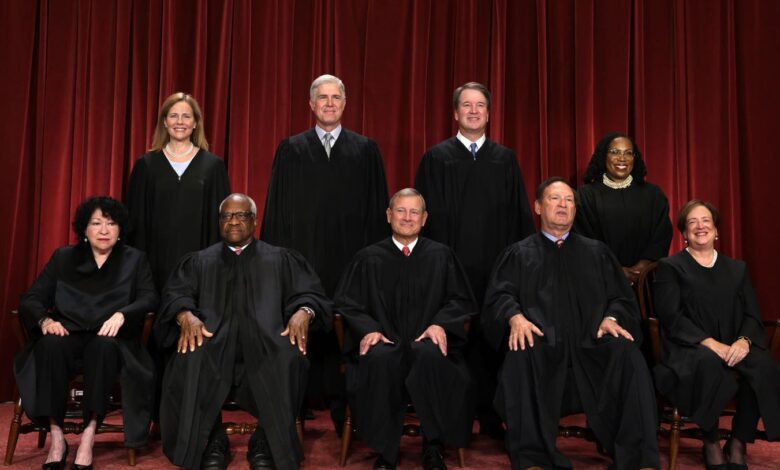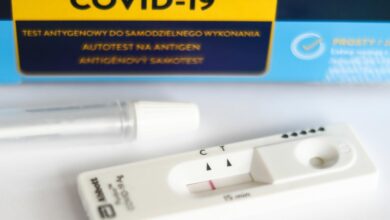Key Implications For DSH Patients

The Supreme Court recently made a significant decision in the case of Advocate Christ Medical Center v. Kennedy, ruling against hospitals in a 7-2 decision. This case addressed the issue of how to account for patients in Disproportionate Share Hospitals (DSHs), which serve a high volume of low-income, Medicaid-eligible, and uninsured patients. These hospitals receive special payments to offset the costs of uncompensated care.
The lawsuit, led by Advocate Christ Medical Center in Oak Lawn, Illinois, and joined by over 200 hospitals, sought to clarify patient eligibility for enhanced DSH payments. The plaintiff hospitals argued that they were entitled to additional DSH payments for any patient eligible for Supplemental Security Income (SSI), a federal program that supports low-income disabled, blind, or elderly individuals. However, Medicare, represented by Secretary Robert F. Kennedy Jr, maintained that only patients actively receiving SSI cash payments should be counted, excluding those who were merely eligible or enrolled.
The Supreme Court’s ruling against the hospitals reinforces stricter criteria for DSH calculations, potentially putting a strain on hospital finances, especially for safety-net systems. As healthcare costs continue to rise, this decision highlights the ongoing tensions between federal policy, hospital reimbursement, and the healthcare industry’s growing dependency on government reimbursement for financial stability.
DSHs, also known as safety-net hospitals, play a crucial role in providing care to low-income populations, including those who are Medicaid-eligible and uninsured. These hospitals often operate as academic trauma centers and serve patients who have limited alternative care options.
Established by federal law, the DSH program provides payments to qualifying hospitals to ensure financial stability and access to care for vulnerable populations. The program uses a formula based on the hospital’s DSH patient percentage, which includes Medicare patients receiving Supplemental Security Income and Medicaid-eligible inpatient days.
Supplemental Security Income (SSI) is a federal program administered by the Social Security Administration that provides monthly financial assistance to individuals with limited income and resources who are disabled, blind, or aged 65 and older.
The Supreme Court’s ruling in Advocate Christ Medical Center v. Kennedy has significant implications for DSHs, potentially resulting in losses exceeding $1.5 billion annually in DSH payments. The decision reinforces that DSH calculations should only include patients actively receiving SSI cash payments, excluding those who are merely eligible or enrolled.
Moving forward, hospitals will need to adapt to these changes by lobbying Congress to delay DSH cuts, adopting value-based care models, enhancing operational efficiencies through digital tools and artificial intelligence, and leveraging programs like the 340B Drug Pricing Program to offset losses. Stakeholders must closely monitor the sector for any potential ripple effects, such as reduced services or closures, that could disproportionately impact low-income communities.





